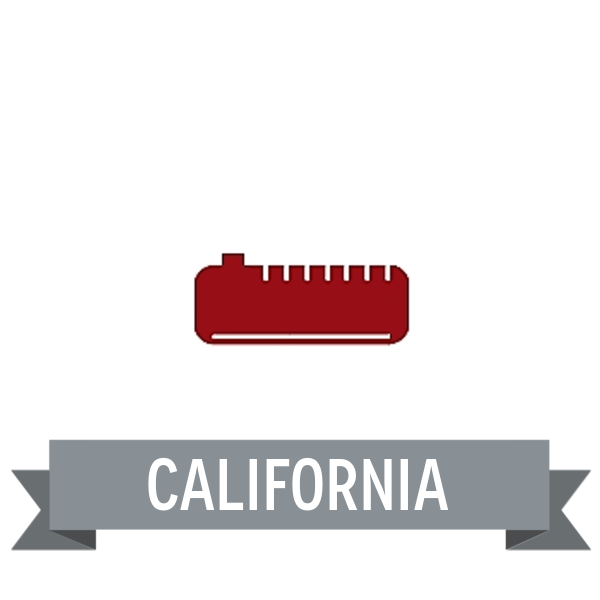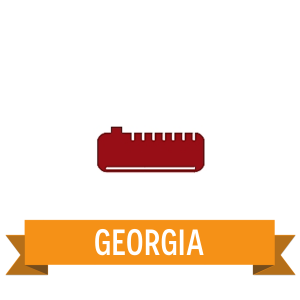The state of California requires successful completion of the International Code Council (ICC) Designated Operator (DO) exam for UST operator certification. This preparatory course is designed to prepare you for your California ICC DO exam and does not provide certification upon completion.
Course level: Advanced
Access duration: 1 year
Applicable state: California
This training course covers the following information:
Module 1: UST Operator Training Requirements
- State UST program requirements
- UST Class A, B, and C operator responsibilities and training requirements
- Facility and training record requirements
Module 2: Underground Storage Tanks
- What an underground storage tank (UST) is
- What tanks qualify as USTs
- Common tank construction materials
- Product compatibility
- Acceptable methods for meeting compatibility requirements
- Tank venting
- Secondary containment
- Sumps
Module 3: Spill and Overfill Prevention
- Why spill prevention is important
- Correct UST filling practices
- Spill prevention equipment
- Spill buckets
- Spill prevention requirements
- Overfill protection devices
- Automatic shutoff devices
- Overfill alarms
- Ball float valves
- Overfill prevention requirements
Module 4: Release Detection
- Why release detection is important
- Automatic tank gauging (ATG) systems
- ATG regulatory requirements
- ATG leak tests that must be performed monthly
- Inventory control
- Common inventory control problems, causes, and solutions
- Secondary containment with interstitial monitoring
- Interstitial monitoring devices
- Release detection requirements
- Spill detection inspections
Module 5: Corrosion Control
- Corrosion protection requirements
- Cathodic protection
- Cathodic protection testing and recordkeeping
- Interior lining
Module 6: UST Financial Requirements
- Who is responsible for demonstrating financial responsibility
- What tanks are not covered by the financial responsibility requirements
- How to demonstrate financial responsibility
- UST financial responsibility categories
- Financial responsibility for different sets of tanks
- Required dollar amount of financial responsibility
- The required scope of coverage
- General recordkeeping/reporting requirements
- When is coverage no longer necessary
Module 7: Temporary and Permanent Tank Closure
- Delivery ban tags
- Closing a tank temporarily
- Closing a tank permanently
Module 8: Emergency Response
- UST release response
- What constitutes a suspected release
- Spill/leak short-term actions
- Spill/leak long-term actions
- Facility map and equipment layout
- Spill containment materials
- Basic steps to follow when responding to a petroleum spill
- Small scale response plan
- Washing down spills
- Spills reaching water
- Large spills
- Additional information resources.
Module 9: Recordkeeping and Reporting
- Why recordkeeping is important
- Where records should be kept
- Recordkeeping requirements for:
- Spill and overfill prevention records
- Corrosion prevention records
- Release detection records
- Walkthrough inspection records
- Compatibility records
- Operator training records
- Repair records
- Financial responsibility records
- Closure records
Media included:






